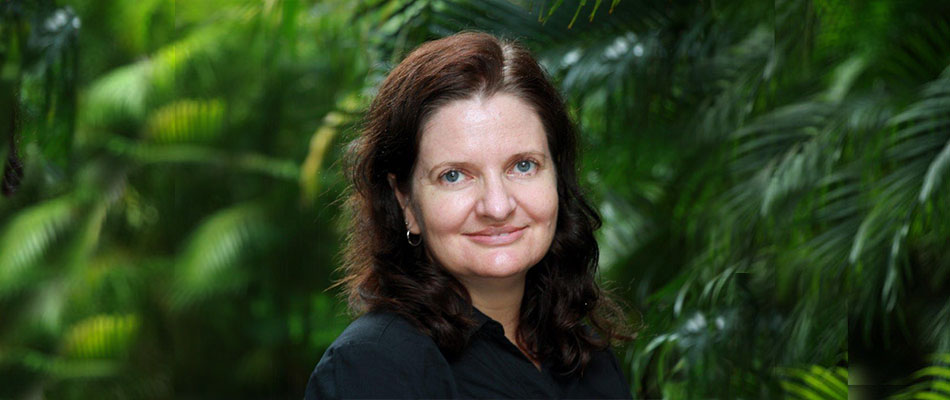Dolphins and swans returning to the canals of Venice, elephants drinking corn wine and falling asleep in a village in China, and 70,000 olive ridley sea turtles nesting in daylight in Odisha. Amidst daily updates on the number of people infected, deceased, and recovered from COVID-19 there are stories that suggest wildlife is flourishing while we stay at home.
However, many such stories are ‘fake news’, exaggerated and shared as people look for something positive during a time of uncertainty and personal stress. Exciting news about higher numbers of sea turtles nesting undisturbed on beaches in India, Thailand, and the USA can certainly raise our spirits as we remain indoors. But experts’ question whether this perception is real; turtles began storing energy reserves for breeding up to several years ago and mated months before laying eggs, long before we began practicing social distancing and enduring lockdowns away from their beaches. Therefore, it is more likely that our reduced presence outdoors has allowed them to nest undisturbed by excessive movement and light on more public beaches instead of secluded locations, and numbers just seem higher than previous years. The number of nesting turtles can also vary widely from year to year so this might just be a ‘big’ year for some populations.
Whatever the reason for seemingly higher numbers, fewer people in public may actually be a disadvantage for some sea turtles. As an example, travel restrictions mean fewer law enforcers and conservationists have access to coastal areas. Researchers in several locations worldwide fear this may result in increased, and/or illegal, fishing in waters adjacent to nesting beaches and accidental drowning of turtles in fishing gear, or collection of eggs for illegal consumption and sale.
Sea turtle eggs have been illegally collected and sold to hatcheries- operating under the guise of conservation and ecotourism- in Sri Lanka for decades. Reduced international tourism in the aftermath of the 2019 terror attacks had already placed hatcheries under economic pressure so they could not afford to purchase all the available eggs from egg collectors. Changes in egg collection and sales in Sri Lanka after the terror attacks were already being examined by Drs. Andrea D. Phillott (FLAME University, India) and Rupika Rajakaruna (University of Peradeniya, Sri Lanka) before COVID-19, who will now also incorporate the effects of the coronavirus lockdown into their study.
The take of eggs and increased and/or illegal fishing may be the actions of people whose livelihoods have been reduced or lost during their country’s response to the threat of COVID-19 and need any source of food or income to support themselves and their families. This poses an ethical challenge: should conservationists weigh human needs as less important than the conservation needs of sea turtles, some populations of which are critically endangered, and advocate for greater enforcement? Or do we hope that travel and work restrictions due to COVID-19 can soon ease, people’s income and access to food will return to what it was, enforcement of laws about the take and activities that threaten sea turtles is able to resume, and our conservation efforts can continue where needed?
- Prof. Andrea D. Phillott, Professor - Environmental Studies


